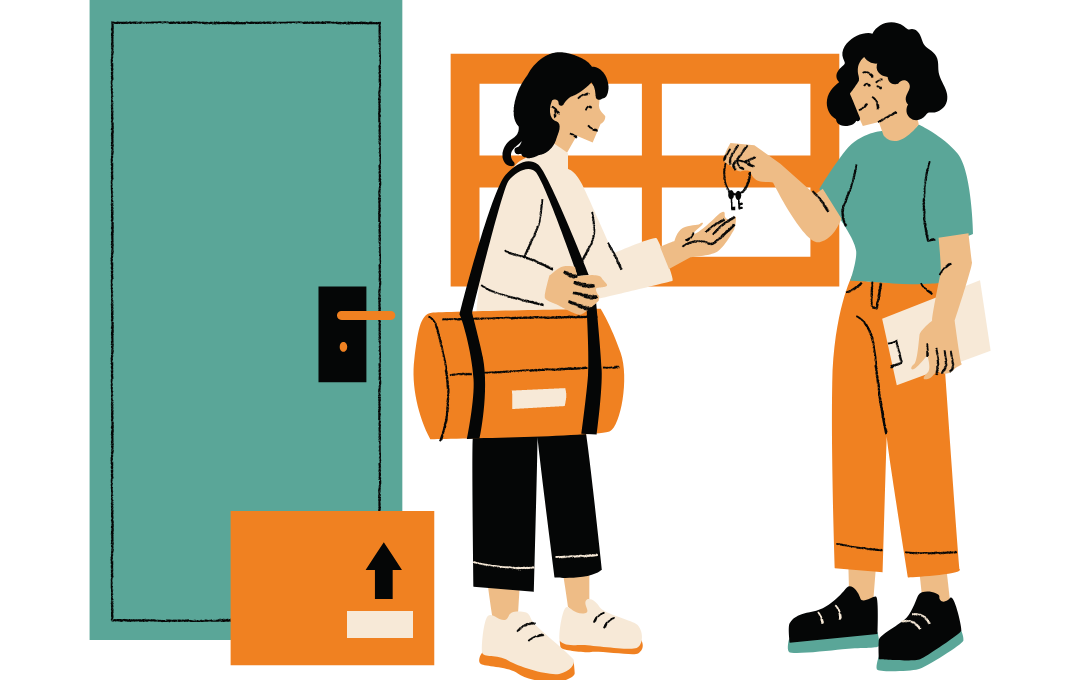Relocation service in the Geneva region for HUG management staff and UNIGE and HES-SO academic staff. Socio-professional integration of their life partners.
Accommodation Children Health insurance Mobility / Transport Finances / Banking Taxes Dual Career Residence permit Shopping / Groceries Equality & Diversity Culture / Leisure / Sports Other
For individual support register here
Agenda
Zoom Conferences

IMPORTANT: Zoom conferences are reserved exclusively for Welcome Center customers. If this is not your case, please do not register.
Health insurance: 7th of May 2024
Searching for accommodation: 11th of June 2024
If there is no registration link on this page yet, please contact us to register to the workshop(s) at welcome-center(a)unige.ch .
Café croissants

IMPORTANT: “Café-croissants” are reserved exclusively for Dual Career customers. If this is not your case, please do not register.
For more info about registering, please contact the Dual Career Programme (dualcareer@unige.ch)
Activity report
Welcome Center in numbers
300+ +300 relocation files processed in 2022
160 accommodations found with the support of the Welcome Center in 2022
17 dual career files processed in 2022
90% satisfaction













